SYDNEY, Australia: Though Australia and New Zealand have, thus far, been able to avoid the worst of the COVID-19 pandemic, both nations’ economies have nevertheless taken significant hits with the partial or complete shutdown of many industries. The impact of this downturn has been directly felt by the countries’ dental workforces, many of whom have had their workloads curtailed by government restrictions.
To this point, both Australia and New Zealand have been able to contain the spread of the coronavirus so that COVID-19 patients have not overwhelmed their respective hospitals’ intensive care units. According to the World Health Organization, as of 21 April, Australia has recorded 6,625 confirmed cases of COVID-19 and 71 associated deaths, while there have been 1,107 cases and 13 associated deaths in New Zealand.
Restrictions have helped flattened the curve
In Australia, the Australian Dental Industry Association (ADIA) brought ADX20 Sydney, Australia’s largest dental exhibition, to an early closure last month after the national government issued initial recommendations limiting the number of people gathering for any event. Since then, dental professionals in Australia have been placed under Level 3 restrictions, meaning that they have essentially been unable to provide many routine dental treatments except for emergency situations. Yesterday, however, the government further announced that there would be move back to Level 2 restrictions effective April 27, which will allow dentists to offer a broadened range of treatments.
“The severity of COVID-19, and the scale of government, business and citizen response required took many in Australia by surprise,” Kym De Britt, CEO of the ADIA, told Dental Tribune International. “Our industry is directly experiencing the effect COVID-19 is having on the economy, both here and internationally.”
Though the strict measures have caused many dental practices across Australia to shut down for the time being, there are other things that dentists can potentially do to help out in this time, according to De Britt.
“The best action Australian businesses can take right now is to familiarise themselves with fair work legislation to ensure they are doing the right thing by their employees and apply for all relevant financial stimuli,” he said. “We also strongly encourage businesses with manufacturing and construction capabilities, along with those that are a part of the healthcare supply chain, to consider how they can adapt to become part of the national response.”
In the meantime, the Australian Dental Association has released new guidelines for those seeking to offer teledentistry services for patients in self-isolation who require an urgent diagnosis for an acute dental event.
New Zealand dentists face PPE shortage
Dental professionals in New Zealand are facing similar restrictions to those in Australia. The country is currently at COVID-19 alert Level 4, which, according to the New Zealand Dental Association (NZDA), means that those not working in essential services must stay at home and stop all interactions with others outside of their households.
In a recent interview on Newshub, NZDA President Dr Katie Ayers argued that access to personal protective equipment (PPE) was becoming a growing problem for the country’s dental workforce, who were having to ration their PPE supplies while treating emergency cases. A survey released by the NZDA on 31 March showed that 656 dentists across the country had shut down their practices owing to not possessing adequate stocks of PPE.
“We don’t just want [PPE]; we need it—it’s essential. We can’t work without it,” Ayers said.
Tags:
SYDNEY, Australia: After months of relative success in controlling the spread of SARS-CoV-2 across both Australia and New Zealand, recent developments have ...
SYDNEY, Australia: For much of 2020 and 2021, Australia and New Zealand fared remarkably well in containing the spread of SARS-CoV-2—a function of factors...
SYDNEY, Australia: Though their geographic distance from Europe and Asia has proved to be somewhat of an advantage in controlling SARS-CoV-2, both Australia...
SYDNEY, Australia: As the SARS-CoV-2 pandemic continues to rage across the world, the Antipodean nations of Australia and New Zealand have, by and large, ...
LONDON, UK: Social distancing and isolation measures introduced in countless countries during the ongoing SARS-CoV-2 pandemic have undeniably helped to curb...
JAKARTA, Indonesia: The Indonesian Medical Association has confirmed that 24 medical professionals have died in the country from COVID-19, six of whom were ...
LEIPZIG, Germany: Researchers and health bodies around the world are advising health practitioners in the northern hemisphere to actively prepare for an ...
Infection control and prevention measures commonly observed in the dental practice are safe and effective, but hygiene routines need to be known, understood...
SYDNEY, Australia: The latest figures out of Australia show that, for the first time in the island continent’s history, there are more women working in ...
PFAFFENHOFEN AN DER ILM, Germany: Healthcare providers worldwide have started administering the long-awaited COVID-19 vaccine. In many countries, dental ...
Live webinar
Tue. 3 February 2026
7:00 pm EST (New York)
Live webinar
Wed. 4 February 2026
11:00 am EST (New York)
Live webinar
Thu. 5 February 2026
2:30 pm EST (New York)
Dr. Boota Ubhi BDS, FDS RCS (Edin), MDentSci, MRD RCS (Eng) Specialist, Cat Edney
Live webinar
Thu. 5 February 2026
8:00 pm EST (New York)
Dr. Zeeshan Sheikh Dip.Dh, BDS MSc, M.Perio, PhD, FRCDC, Dip-ABP
Live webinar
Tue. 10 February 2026
7:00 pm EST (New York)
Prof. Dr. Wael Att, Dr. Robert A. Levine DDS, FCPP, FISPPS, AOD, Dr. Larissa Bemquerer ITI Scholar at Harvard
Live webinar
Wed. 11 February 2026
11:00 am EST (New York)
Dr. med. dent. Sven Mühlemann
Live webinar
Wed. 11 February 2026
12:00 pm EST (New York)
Prof. Dr. Samir Abou Ayash



 Austria / Österreich
Austria / Österreich
 Bosnia and Herzegovina / Босна и Херцеговина
Bosnia and Herzegovina / Босна и Херцеговина
 Bulgaria / България
Bulgaria / България
 Croatia / Hrvatska
Croatia / Hrvatska
 Czech Republic & Slovakia / Česká republika & Slovensko
Czech Republic & Slovakia / Česká republika & Slovensko
 France / France
France / France
 Germany / Deutschland
Germany / Deutschland
 Greece / ΕΛΛΑΔΑ
Greece / ΕΛΛΑΔΑ
 Hungary / Hungary
Hungary / Hungary
 Italy / Italia
Italy / Italia
 Netherlands / Nederland
Netherlands / Nederland
 Nordic / Nordic
Nordic / Nordic
 Poland / Polska
Poland / Polska
 Portugal / Portugal
Portugal / Portugal
 Romania & Moldova / România & Moldova
Romania & Moldova / România & Moldova
 Slovenia / Slovenija
Slovenia / Slovenija
 Serbia & Montenegro / Србија и Црна Гора
Serbia & Montenegro / Србија и Црна Гора
 Spain / España
Spain / España
 Switzerland / Schweiz
Switzerland / Schweiz
 Turkey / Türkiye
Turkey / Türkiye
 UK & Ireland / UK & Ireland
UK & Ireland / UK & Ireland
 Brazil / Brasil
Brazil / Brasil
 Canada / Canada
Canada / Canada
 Latin America / Latinoamérica
Latin America / Latinoamérica
 USA / USA
USA / USA
 China / 中国
China / 中国
 India / भारत गणराज्य
India / भारत गणराज्य
 Pakistan / Pākistān
Pakistan / Pākistān
 Vietnam / Việt Nam
Vietnam / Việt Nam
 ASEAN / ASEAN
ASEAN / ASEAN
 Israel / מְדִינַת יִשְׂרָאֵל
Israel / מְדִינַת יִשְׂרָאֵל
 Algeria, Morocco & Tunisia / الجزائر والمغرب وتونس
Algeria, Morocco & Tunisia / الجزائر والمغرب وتونس
 Middle East / Middle East
Middle East / Middle East
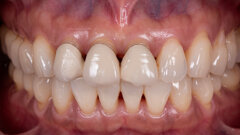

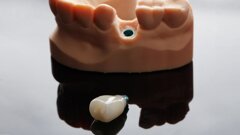






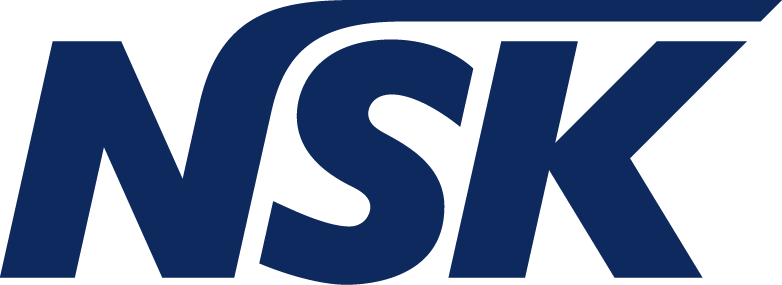














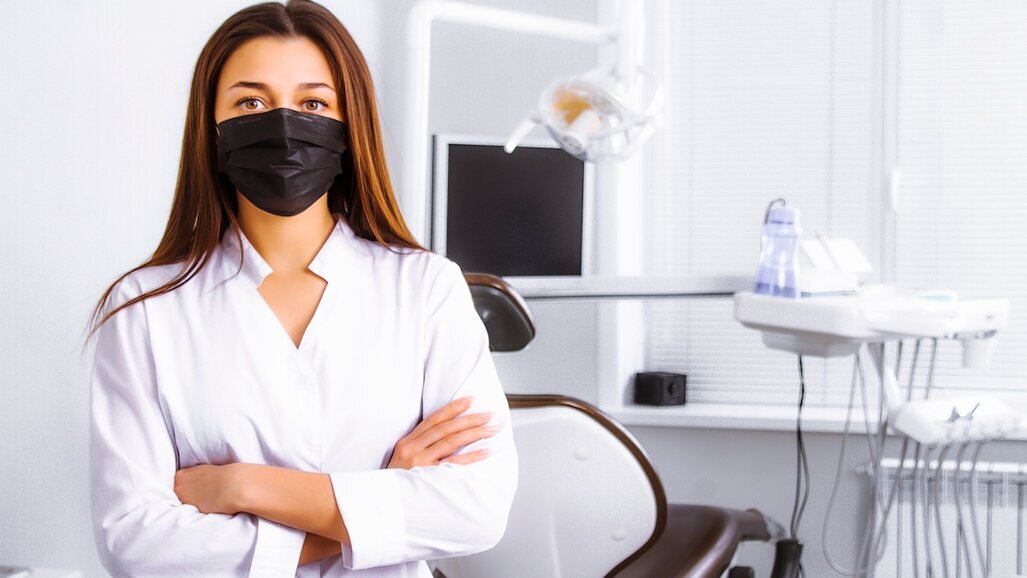



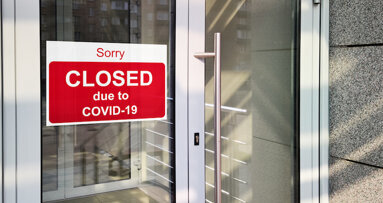


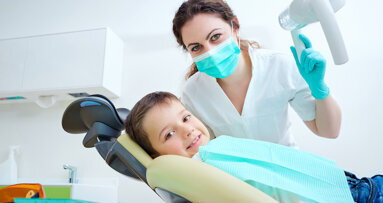

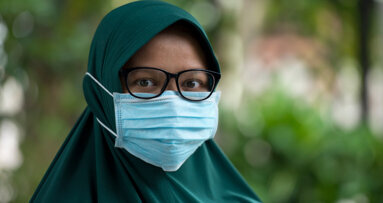

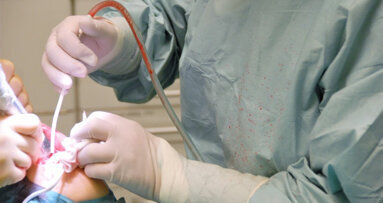
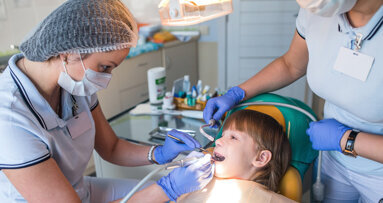
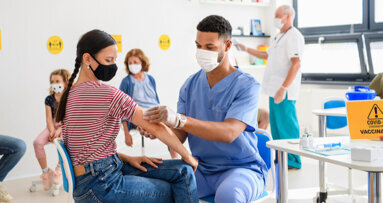









To post a reply please login or register